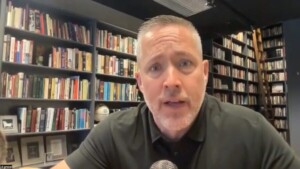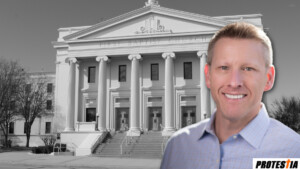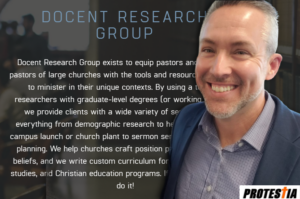
J.D. Greear Encourages Pastors to ‘Invest’ in Sermon ‘Research Assistants’ Once The Church Has Enough Money
Former SBC President J.D. Greear, the pastor of Summit Church in Raleigh-Durham, North Carolina, has given some advice to beleaguered pastors with a few extra bucks in their budget; ‘invest’ in several ‘research assistants’ in order to help write and craft the sermon. It is unclear if the research assistants





